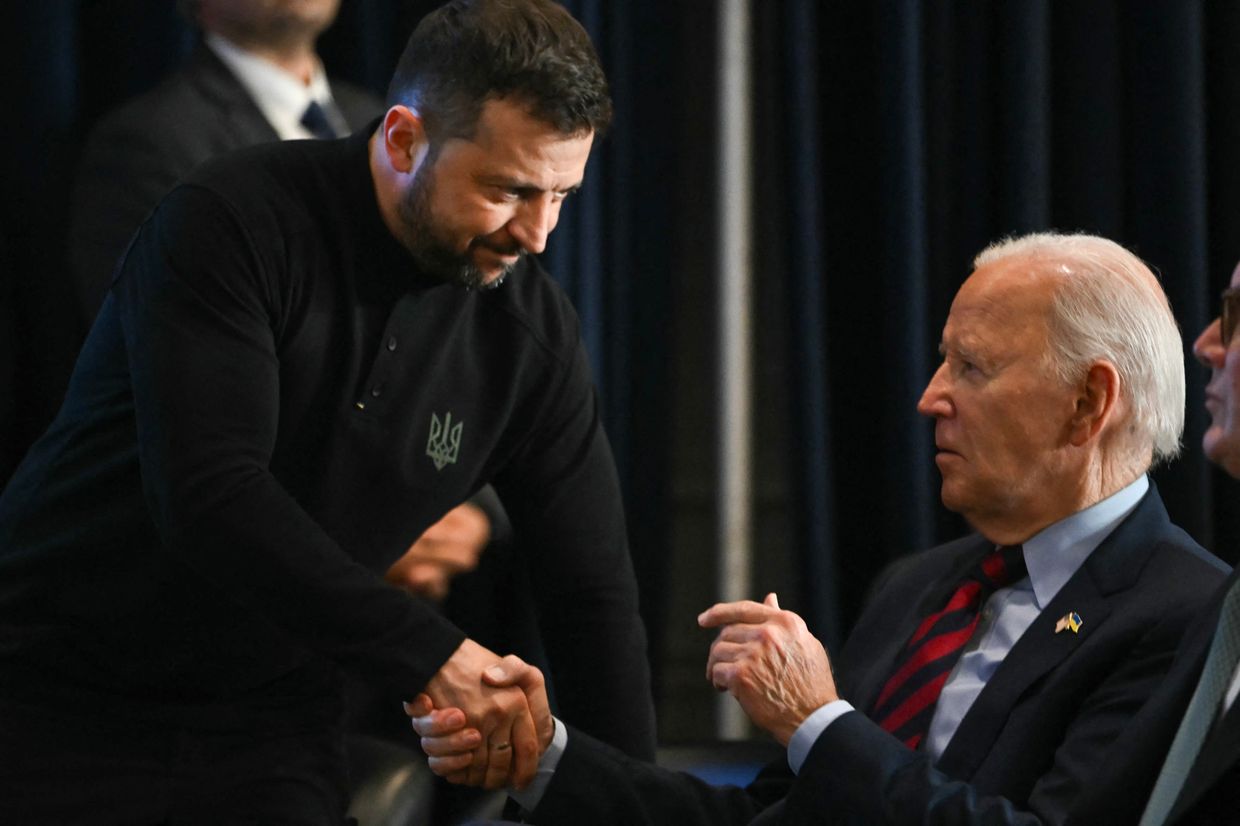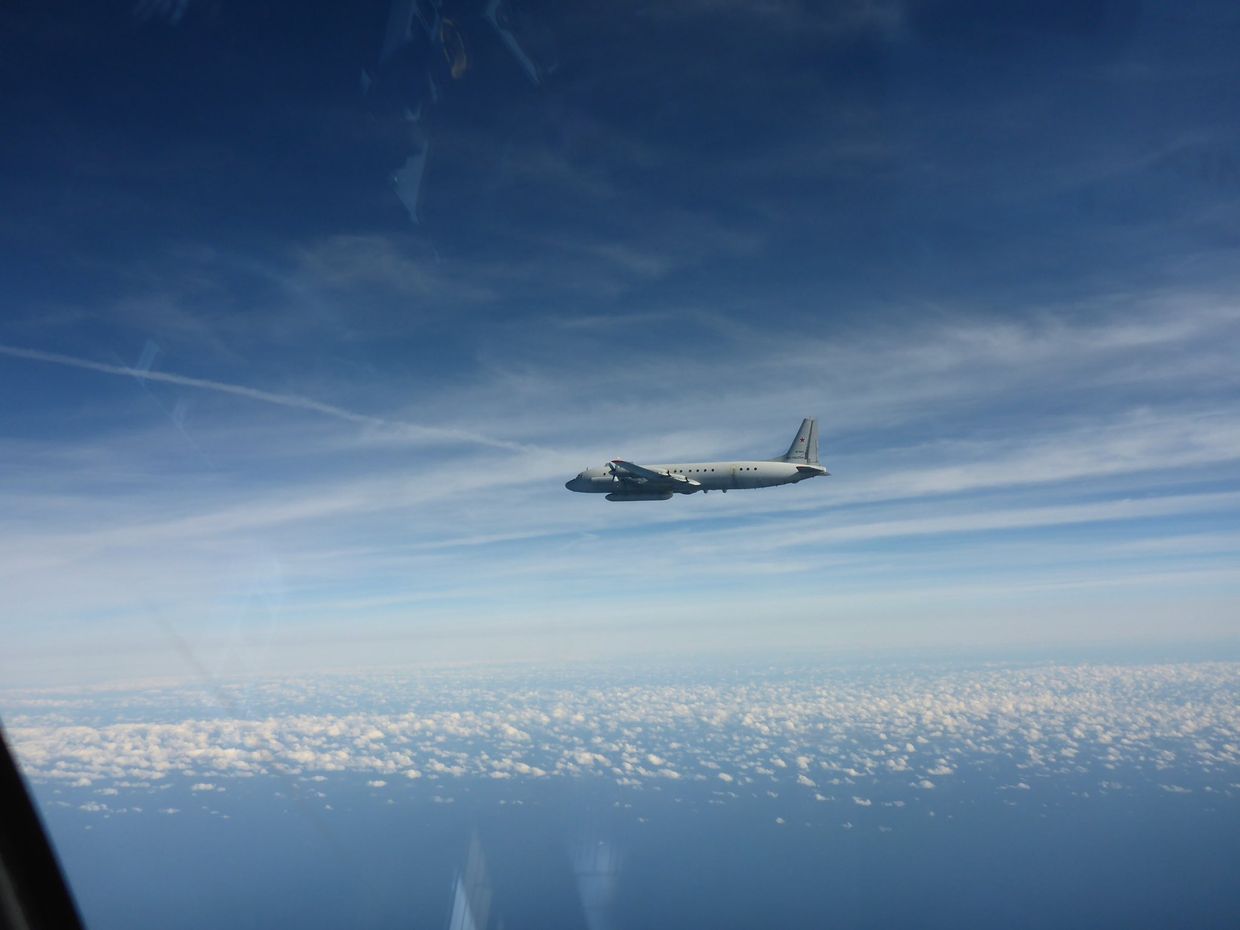Two Dutch F-35 fighter jets intercepted Russian aircraft over the Baltic Sea on Dec. 6, the Netherlands Defense Ministry announced on Dec. 9.
The F-35s, deployed under NATO’s eastern airspace monitoring mission, intercepted a Russian An-72 transport aircraft and an SU-24 reconnaissance aircraft.
Later, they were scrambled again to intercept a Russian IL-20 reconnaissance aircraft.
The Dutch F-35s escorted the Russian planes over international waters to the boundary of NATO’s airspace. “That is why our people are there: to protect our common airspace from Russian threats,” Dutch Defense Minister Ruben Brekelmans wrote on X.
Russian aircraft frequently operate over the Baltic Sea without transponders or flight plans, actions often seen as testing NATO's response capabilities.
In September, the Latvian Air Force reported that NATO jets intercepted six such Russian aircraft over the Baltic Sea.
That same month, Latvia confirmed that a Russian Shahed-type drone equipped with explosives had crashed on its territory.
The drone, reportedly heading to Ukraine, entered Latvia from Belarus before crashing near Gaigalava parish in the Rezekne district, approximately 85 kilometers (52 miles) from the Belarusian border.














